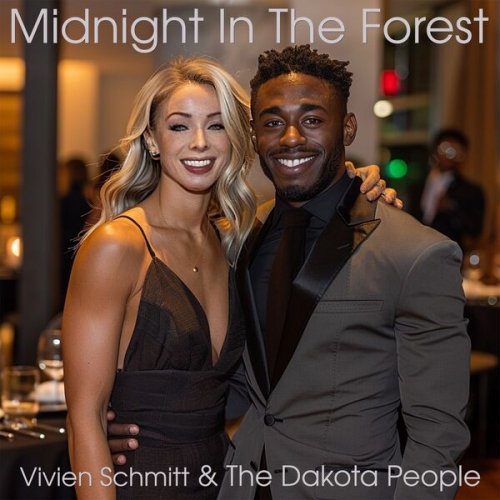Paul Korda - Passing Stranger (Reissue, Remastered) (1969-71/2012)
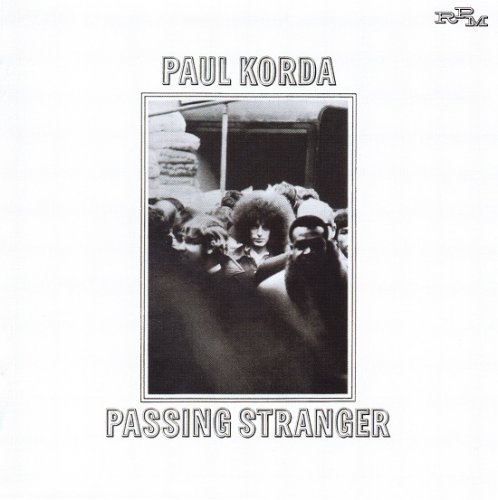
Artist: Paul Korda
Title: Passing Stranger
Year Of Release: 1969-71/2012
Label: RPM Records
Genre: Acid Folk Rock
Quality: Flac (image, .cue, log)
Total Time: 43:06
Total Size: 299 Mb (scans)
WebSite: Album Preview
Title: Passing Stranger
Year Of Release: 1969-71/2012
Label: RPM Records
Genre: Acid Folk Rock
Quality: Flac (image, .cue, log)
Total Time: 43:06
Total Size: 299 Mb (scans)
WebSite: Album Preview
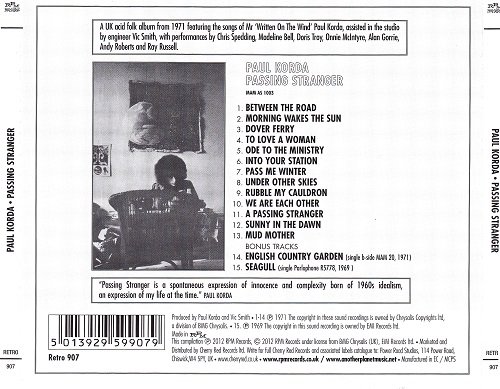
Tracklist:
1. Between The Road - 2:33
2. Morning Wakes The Sun - 2:46
3. Dover Ferry - 2:57
4. To Love A Woman - 4:26
5. Ode To The Ministry - 2:45
6. Into Your Station - 3:12
7. Pass Me Winter (Paul Korda, Ray Rayes) - 2:17
8. Under Other Skies - 2:29
9. Rubble My Cauldron - 2:34
10. We Are Each Other - 4:04
11. A Passing Stranger - 2:53
12. Sunny In The Dawn - 2:28
13. Mud Mother - 1:13
Bonus Tracks:
14. English Country Garden (Single B-Side) - 2:43
15. Seagull (Single 1969) - 3:39
Line-up::
Paul Korda - Vocals, Guitars, Keyboards
Chris Spedding - Guitars
Ray Russell - Guitars
Owen McIntyre - Guitars
Allan Gorrie - Bass, Guitars, Keyboards
Rob Tait - Drums
British singer/songwriter Paul Korda was practically born into the music scene -- his father, Tibor Kunstler, was a classically trained violinist and singer, trained in Budapest and at La Scala, who subsequently switched to saxophone and played with Coleman Hawkins on a tour by the latter of Eastern Europe; his mother was a singer who'd worked on stage and in movies, as well as with bands led by the likes of Stephan Grapelli and Joe Loss; and two of his aunts and his maternal grandmother, Florence Wright Lenner, were well-known singers as well. Korda himself fell into the folk revival scene in London's Soho, crossing paths in the mid-'60s with such future luminaries as Sandy Denny, Al Stewart, Cat Stevens, Noel Redding, and Reg Dwight (aka Elton John), while also studying photography. He organized a folk club at Harrow Technical College, but he also listened to a fair amount of rock & roll -- and it was through his friendship with Noel Redding that he chanced to meet Jimi Hendrix and gave away his own opening night at Mayfair's 7½ Club to the American guitarist, at the outset of the latter's career. He cut a single of his own during the 1960s, "Come on Home," for EMI's Columbia Records imprint, and was signed as a songwriter to Andrew Loog Oldham's Immediate Music publishing company, where he wrote "The Time Has Come" for P.P. Arnold, which became a hit in England. Korda moved between two career paths, as a producer at EMI and a musician and recording artist in his own right, for much of the late '60s, even as he squeezed in a stint in the original London cast of Hair (in which he sang "Electric Blues"), alongside future British pop star Marsha Hunt.
Korda was a man of many parts during this period -- though working in theater and playing rock music, he retained his mid-'60s folkie's orientation about social issues, and became a prominent protest singer, stepping out in front on subjects such as the treatment of England's pension recipients. He was sufficiently well-connected musically so that when he cut his first album, Passing Stranger, in 1971, he was backed up by the likes of Chris Spedding and Madeline Bell. Unfortunately, the album was pulled soon after release due to a claim (unfounded as it turned out) that Immediate still had him under contract. It ultimately took Korda three years to win his fight with Immediate Records.
By the time he was free to record on his own, music had moved on well past the 1960s, and Korda might well have found himself forgotten. Luckily, he was approached by Roger Daltrey of the Who, who was about to record his first solo album. Daltrey was also one of the members of the Who who was not self-sufficient in the songwriting department, and Korda ultimately placed three songs on Daltrey's Ride a Rock Horse album, which made the Top 20 on both sides of the Atlantic. He also resumed performing with an odd gig at New York's The Other End, where he did exceptionally well in a week-long engagement with Daryl Pettiford after a chance review in Variety. He subsequently relocated to Los Angeles and restarted his recording career on the Janus label, and enjoyed a huge broadcast hit with the song "Manhattan" off of his album Dancing in the Aisles. The record label went bankrupt not long after, however, and over the next few years Korda's biggest successes would come as a songwriter, and getting his work placed in various venues, including television. During the 1980s, he had a small role in the movie This Is Spinal Tap, and also worked on albums with Alan Holdsworth and Jack Bruce. He has since resumed his commitment to dealing with social issues, this time in the context of urban America, and also continued writing songs, as well as one musical, Coming To, which addresses aspects of psychic life in the post-9/11 world. And he has continued to dabble in acting, portraying the Governor's dignitary in the movie Pirates of the Caribbean.
Korda was a man of many parts during this period -- though working in theater and playing rock music, he retained his mid-'60s folkie's orientation about social issues, and became a prominent protest singer, stepping out in front on subjects such as the treatment of England's pension recipients. He was sufficiently well-connected musically so that when he cut his first album, Passing Stranger, in 1971, he was backed up by the likes of Chris Spedding and Madeline Bell. Unfortunately, the album was pulled soon after release due to a claim (unfounded as it turned out) that Immediate still had him under contract. It ultimately took Korda three years to win his fight with Immediate Records.
By the time he was free to record on his own, music had moved on well past the 1960s, and Korda might well have found himself forgotten. Luckily, he was approached by Roger Daltrey of the Who, who was about to record his first solo album. Daltrey was also one of the members of the Who who was not self-sufficient in the songwriting department, and Korda ultimately placed three songs on Daltrey's Ride a Rock Horse album, which made the Top 20 on both sides of the Atlantic. He also resumed performing with an odd gig at New York's The Other End, where he did exceptionally well in a week-long engagement with Daryl Pettiford after a chance review in Variety. He subsequently relocated to Los Angeles and restarted his recording career on the Janus label, and enjoyed a huge broadcast hit with the song "Manhattan" off of his album Dancing in the Aisles. The record label went bankrupt not long after, however, and over the next few years Korda's biggest successes would come as a songwriter, and getting his work placed in various venues, including television. During the 1980s, he had a small role in the movie This Is Spinal Tap, and also worked on albums with Alan Holdsworth and Jack Bruce. He has since resumed his commitment to dealing with social issues, this time in the context of urban America, and also continued writing songs, as well as one musical, Coming To, which addresses aspects of psychic life in the post-9/11 world. And he has continued to dabble in acting, portraying the Governor's dignitary in the movie Pirates of the Caribbean.
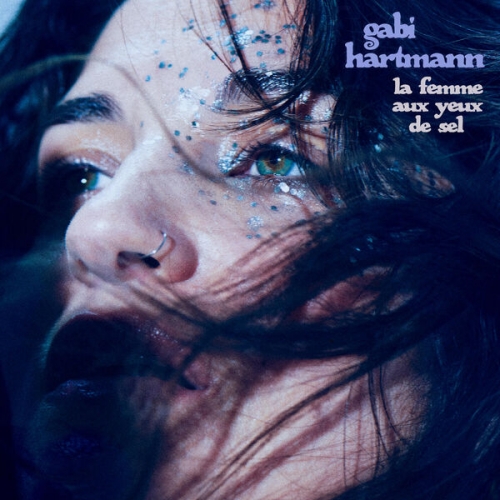
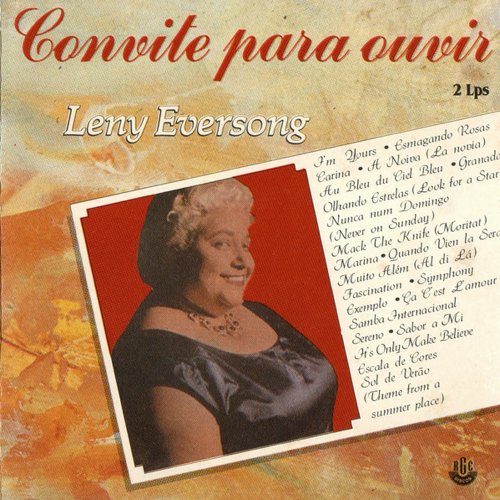
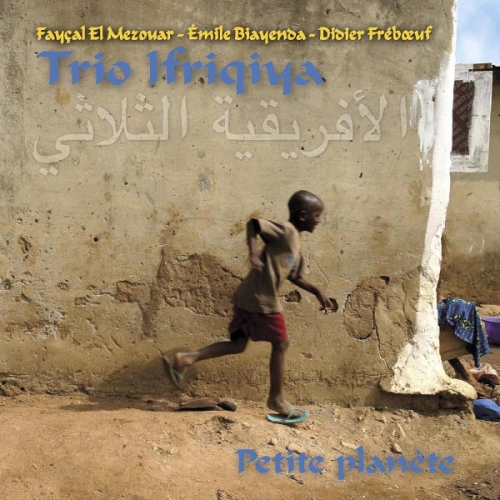

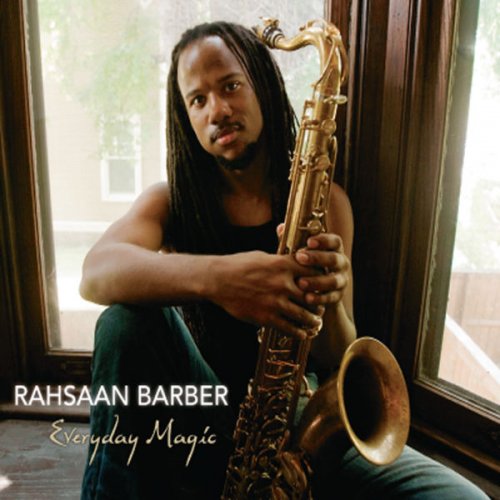
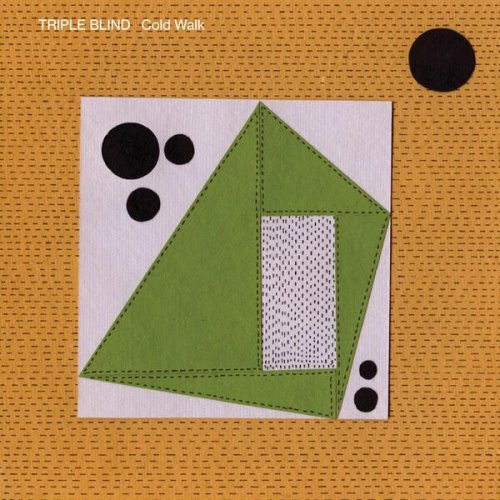
![Booker Stardrum - Close-up On The Outside (2026) [Hi-Res] Booker Stardrum - Close-up On The Outside (2026) [Hi-Res]](https://img.israbox.com/img/2026-02/26/hpg09p4i0w4yrzyjek6j087fv.jpg)
